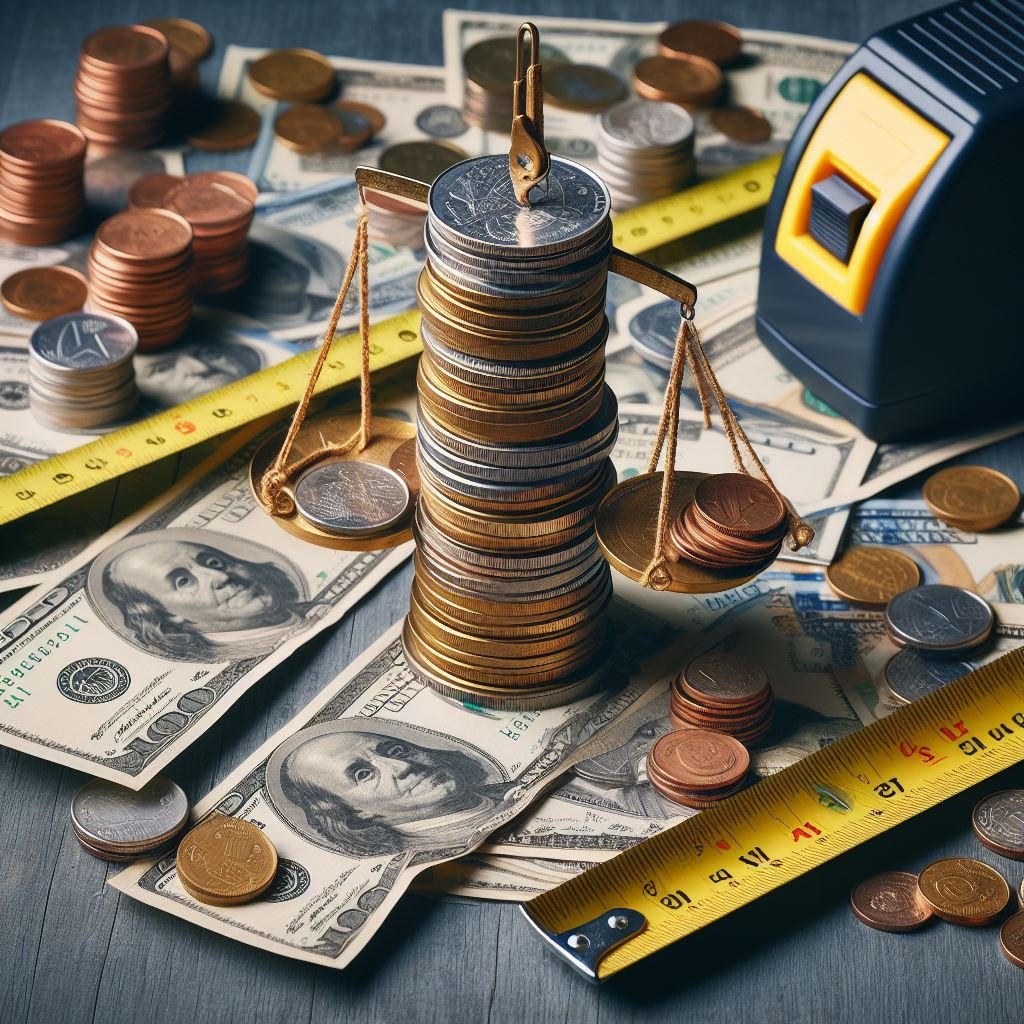The Costs of Event Measurement
One of our most feared objections when it comes to measuring events and experiences: “We want to do it, but we can’t afford it!”
Look, we get it. Budgets are tight, and measurement can feel like an add-on. We’re not going to use this post to argue the value of measurement, though one might ask the question: “Can you afford NOT to?!?” We’ll leave it at that.
What we are going to cover here is what event measurement should cost.
You’ve smartly decided to measure, but determining the right budget for it can be challenging. As with any event budget, the cost of measurement depends on what is needed - so let’s look at the things that can incur a cost:
| Element | How it is used | What it might cost |
|---|---|---|
| Time | The time it takes for planning, oversight, analysis, and reporting. This can be time for a consultant, partner, or yourself. |
· 1 day to develop objectives, KPIs and targets · 1 day to develop measurement tools and integrate measurement into event plans · 2 days to analyze results · 1-2 days to design the report |
| Digital survey tools | This can include survey questions in registration if relevant; polling questions; post-event surveys, etc. | Some of these tools may be included in other event tech you’re working with. If not, you might expect to pay between $100 - $1,500 for these tools. |
| Interview based surveys | When conducting attendee interviews (as you might for visitors of a trade show booth or a consumer activation), professional survey takers or a firm that specializes in this might be considered. | Typically you can expect to pay for professionals’ time and incentives for respondents (more on this below). We estimate spending anywhere from $1,500-$10,000 depending on the complexity, scale, and length of the project. |
| Incentives | To increase response rates, you may choose to use incentives. Be sure that the incentive is reasonable as to not bias the response. | Incentives can run $5 for a survey to $100+ for longer interviews. |
| Behavior tracking | This is technology that tracks people’s movement through your event or experience - where they are going, time spent, etc. | If you are hosting a virtual event, your platform likely includes this functionality. For physical activities, costs can range from $2,000-$7,500. |
| Emotion sensing | These technologies evaluate how people feel during an experience through anonymous facial analysis or other biometric approaches. | $1,000+ depending on how complex your needs are. |
| PR / social media tracking | If creating buzz is desired, you can use a range of tools to track media coverage and social amplification efforts. | You might leverage PR/social management tools to support this measurement. If using additional software, we estimate costs ranging from $2,000-$5,000. |
One final note: Good measurement doesn’t have to be expensive. You will get more data the more you do, but the overall credibility of your measurement findings won’t increase exponentially the more you spend. We believe the most important component of measurement is being able to assess impact toward the KPIs defined at the onset of the project. Focusing on these metrics can help concentrate efforts and keep costs down.
Whether you have a shoestring budget to measure or can afford all of the bells and whistles, we encourage all marketers to invest in measurement.

